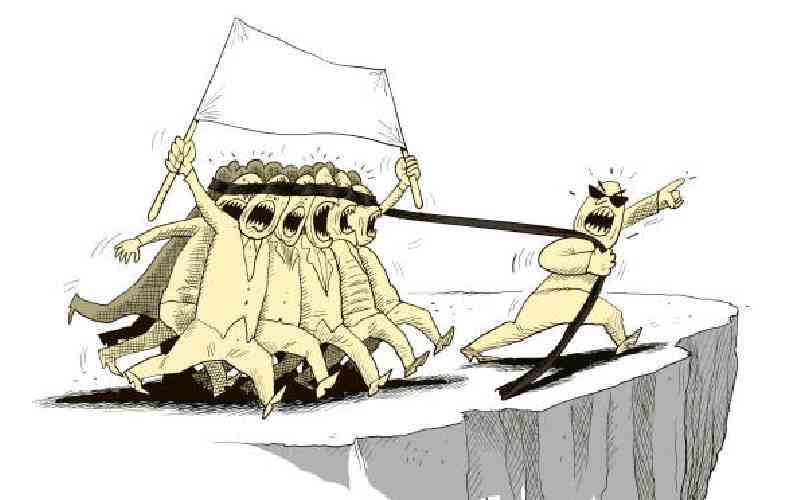
The thought that the majority should have their way and the minority their say in critical contested public issues, ridicules what is good and noble.
History teaches us that the majority have often been ridiculously wrong on the great questions of the day. In point of fact, this thought of way and say only justifies brutality through thoughtless numbers. Victorious cynics sometimes celebrate this as a tyranny of numbers. I see it as the rule of the mob - mobocracy, or ochlocracy. And it often gives way to kakistocracies - or rules by the worst elements of society.